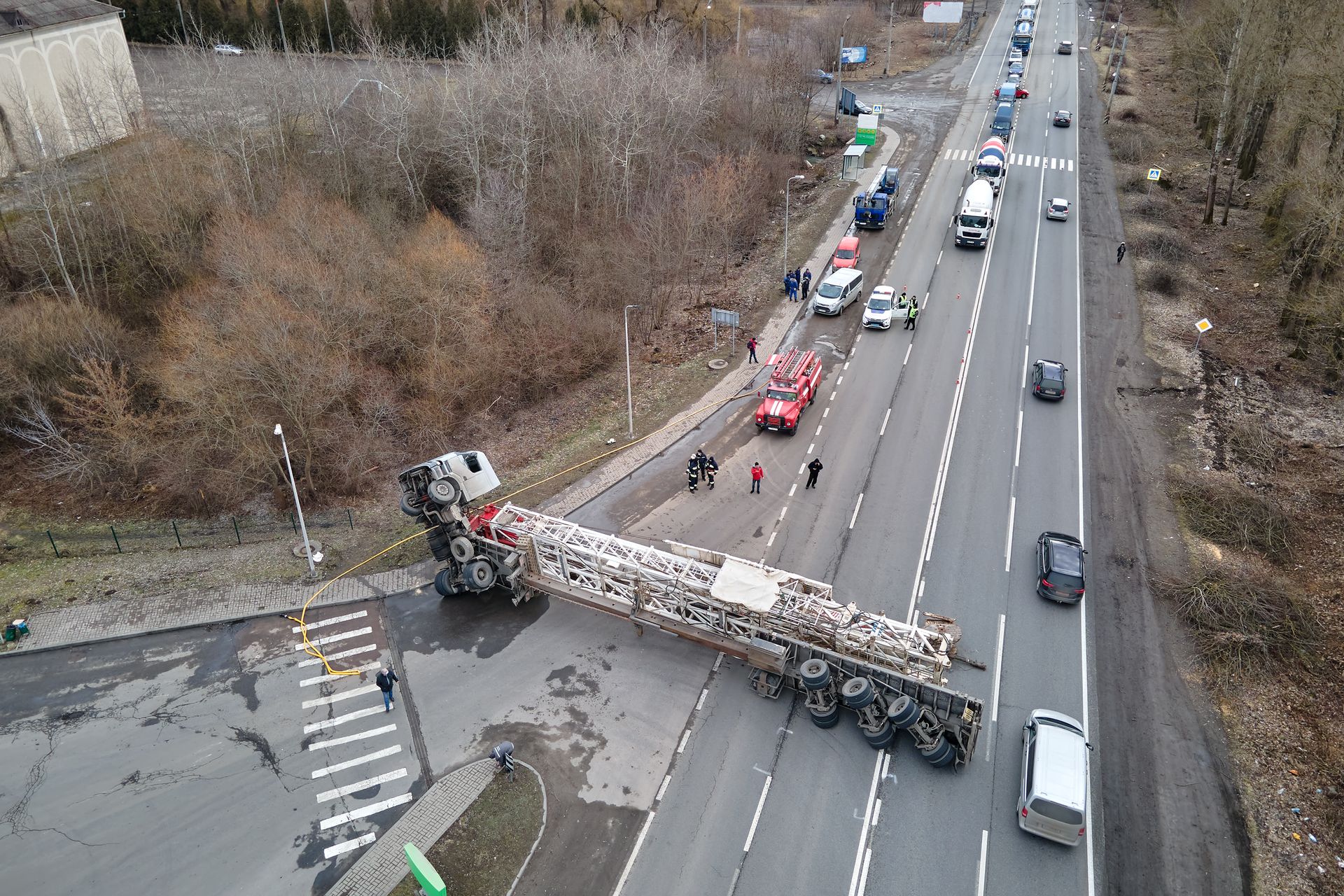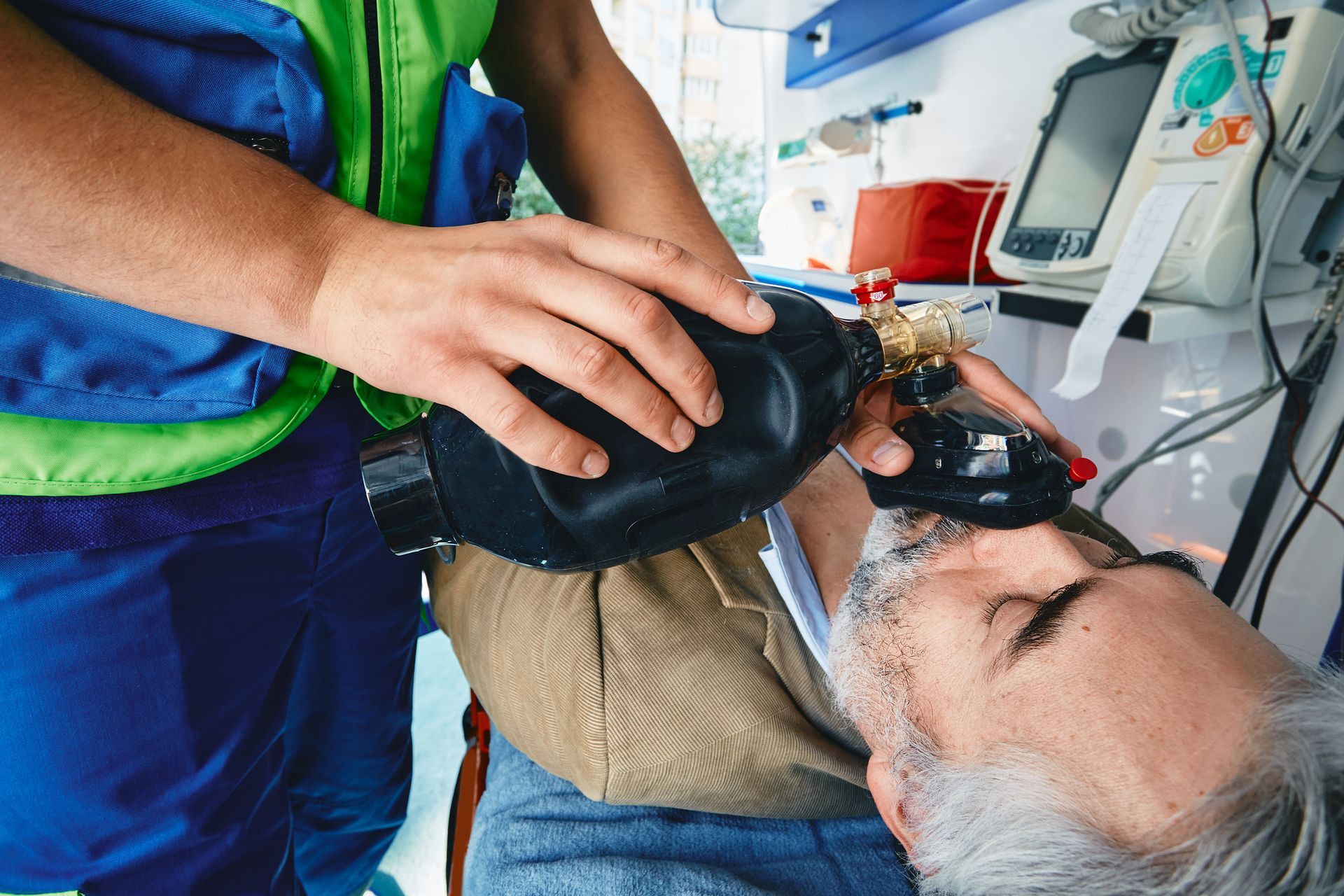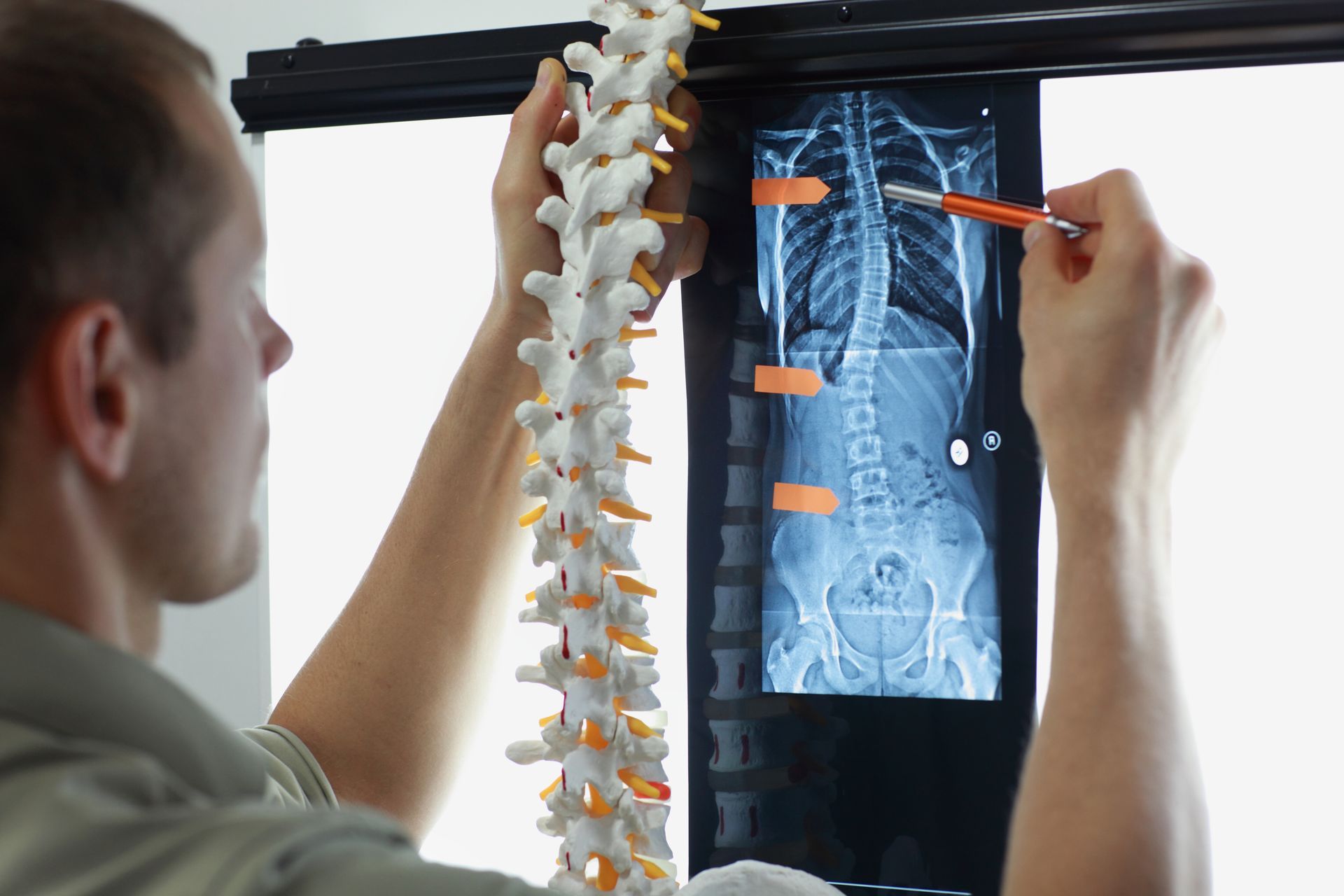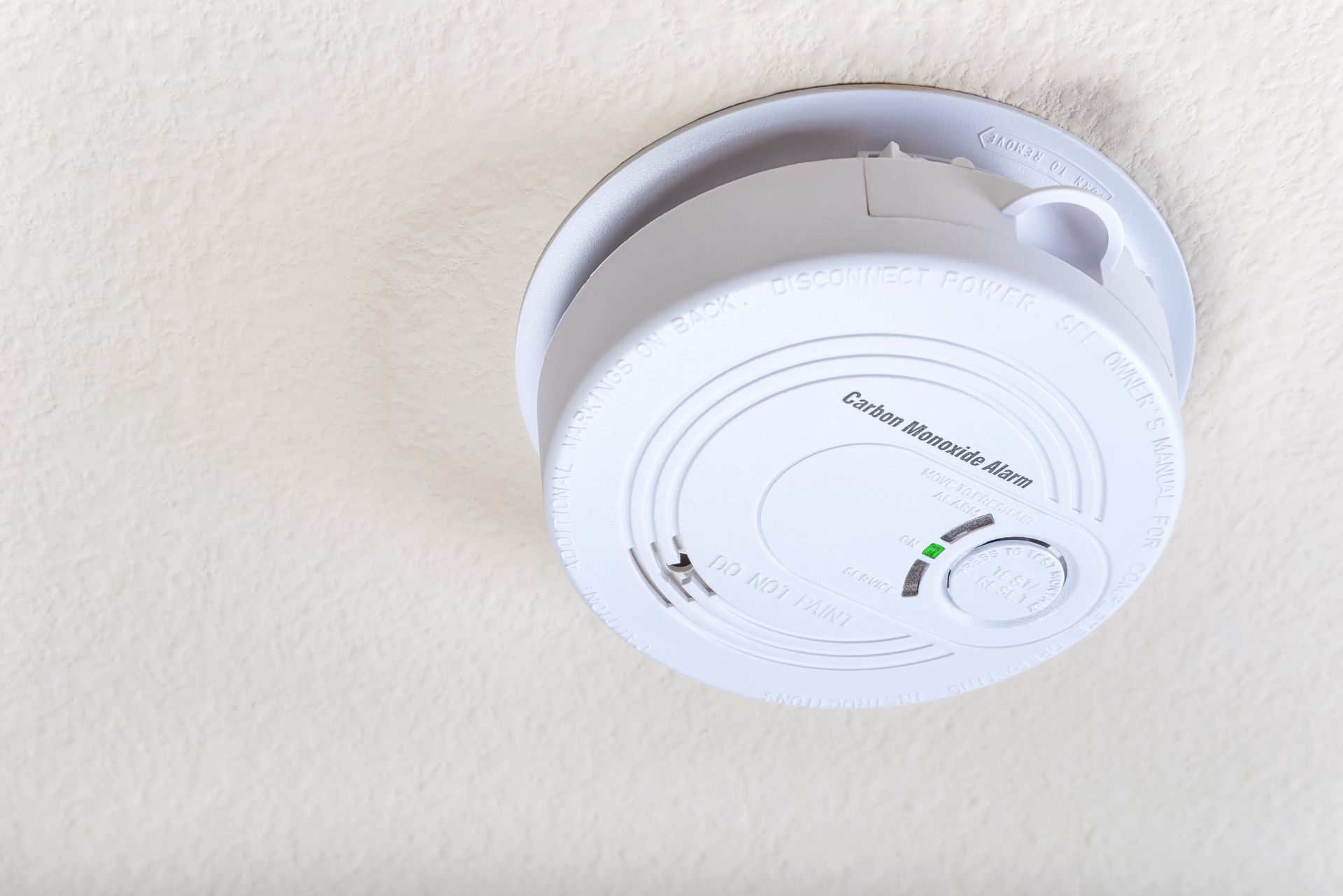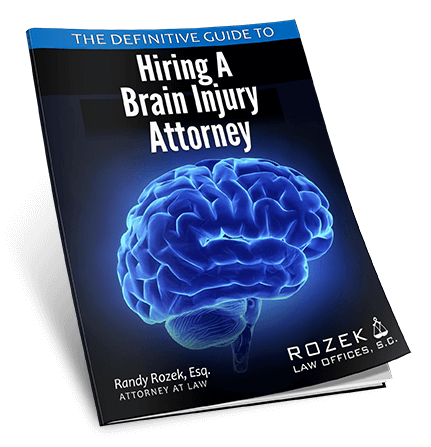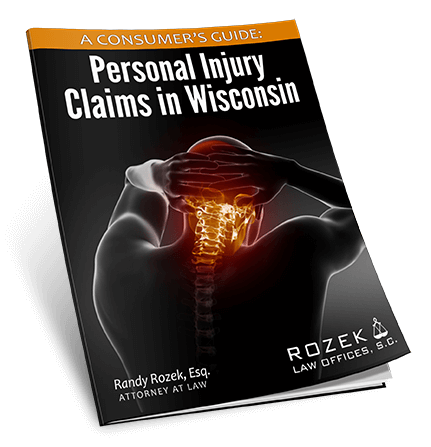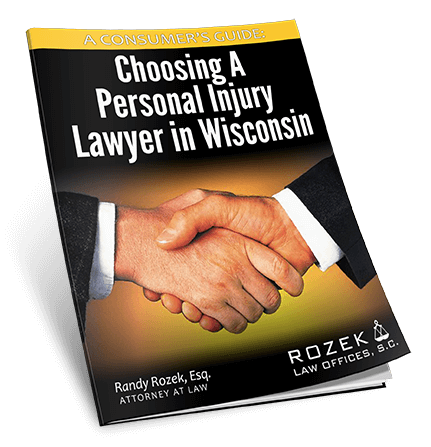By Randy Rozek
•
October 24, 2025
Carbon monoxide (CO) poisoning is one of the most dangerous and preventable injuries a person can suffer. Because carbon monoxide is odorless, colorless, and tasteless, it’s often called the “silent killer.” When exposure occurs, whether from a faulty appliance, improper ventilation, or a landlord’s negligence, the consequences can be devastating. Victims may face hospitalization, long-term neurological damage, or even fatal outcomes. If you or a loved one has suffered carbon monoxide poisoning, understanding the legal steps to take is critical for protecting your rights and securing compensation for your losses. 1. Seek Immediate Medical Attention The first and most important step after a suspected carbon monoxide exposure is to get medical help right away. Even mild symptoms, such as headaches, dizziness, or nausea, can indicate dangerous levels of CO in the bloodstream. Medical professionals can perform blood tests to measure carbon monoxide levels (carboxyhemoglobin) and provide treatment, such as oxygen therapy or hyperbaric oxygen therapy. Prompt medical documentation is also essential for any future legal claim. It establishes a direct link between your symptoms and the carbon monoxide exposure, which is key evidence if you decide to pursue compensation later. 2. Identify and Document the Source of Exposure Once you’re safe and medically stable, determining the cause of the carbon monoxide leak is the next step. Common sources include: Malfunctioning furnaces or boilers Blocked chimneys or vents Faulty gas stoves or water heaters Car exhaust in attached garages Generators or space heaters used indoors If you live in a rental property, the responsibility may fall on the landlord or property manager to maintain safe living conditions. In workplaces, employers are legally obligated to follow safety regulations that prevent CO exposure. Be sure to document everything: take photographs of the suspected source, record the make and model of the appliance, and note when it was last serviced or inspected. If local authorities, firefighters, or utility companies respond to the scene, obtain copies of their reports. 3. Report the Incident to the Proper Authorities Reporting CO exposure ensures that an official record exists. Depending on the circumstances, you may need to contact: Local fire department or gas company to confirm and contain the leak Your landlord or property management company if you’re a tenant OSHA (Occupational Safety and Health Administration) if the exposure occurred at work Your local health department for documentation of residential hazards These reports can serve as valuable evidence in a legal claim, demonstrating that the incident was investigated and verified by an objective third party. 4. Contact a Personal Injury or Premises Liability Attorney Because carbon monoxide cases often involve questions of negligence, defective products, or code violations, consulting an experienced personal injury attorney is crucial. A lawyer can help identify who is legally responsible for the exposure, whether it’s a landlord who failed to maintain equipment, a manufacturer that sold a defective appliance, or a contractor who installed it incorrectly. Your attorney will gather evidence, including maintenance records, inspection reports, medical records, and expert testimony. They’ll also calculate your damages, which may include: Medical bills and rehabilitation costs Lost wages or diminished earning capacity Pain and suffering Long-term health impacts Wrongful death damages (if applicable) Most personal injury lawyers handle these cases on a contingency basis, meaning you won’t pay legal fees unless they recover compensation for you. Do not attempt to repair or replace the suspected source of the leak until professionals and your attorney have had a chance to inspect it. Preserving evidence is critical to proving negligence. Also, avoid giving recorded statements to insurance adjusters without legal representation, as your words could be used to minimize your claim. 6. File a Legal Claim or Lawsuit After investigating and gathering evidence, your attorney may file a claim against the responsible party’s insurance company or, if necessary, a lawsuit in civil court. The specific legal theory may fall under: Premises liability: for unsafe conditions on a property Product liability: for defective or poorly designed appliances Negligence: for failure to maintain or inspect equipment properly Statutes of limitations vary by state, but most personal injury cases must be filed within one to two years from the date of injury. Acting quickly helps ensure your case is filed within the legal deadline. 7. Focus on Recovery and Prevention While your legal team handles the claim, focus on your recovery. Follow up with medical specialists for neurological or respiratory issues, and take steps to prevent future incidents by installing carbon monoxide detectors in your home or workplace. Call Rozek Law to Help with your Carbon Monoxide Case I f you’ve suffered carbon monoxide poisoning, the key legal steps are to seek medical attention, document the source, report the incident, contact an attorney, and preserve evidence. Taking prompt, informed action can make the difference between ongoing hardship and securing the compensation you deserve. Carbon monoxide exposure is often preventable, holding responsible parties accountable helps ensure it doesn’t happen to others. Since 1996, Randy Rozek has focused his practice on the representation of victims of serious, life-changing injuries including those caused by carbon monoxide poisoning. Routinely asked to speak to lawyers around the country in his primary areas of practice, which include representing victims of traumatic brain injuries and brain damage due to carbon monoxide poisoning, Randy has extensive experience representing victims throughout the country. It is because of this vast experience that Randy routinely gets called in to co-counsel cases from around the country by attorneys with less experience handling these types of cases. If you need a knowledgeable lawyer to represent you in your case, contact Rozek Law by calling 414-374-4444. Rozek Law Offices, S.C. 3970 N Oakland Ave Ste 604 Milwaukee, Wisconsin 53211 (414) 374-4444 https://www.rozeklaw.com/
